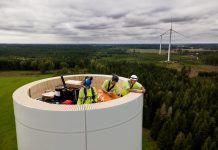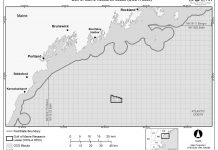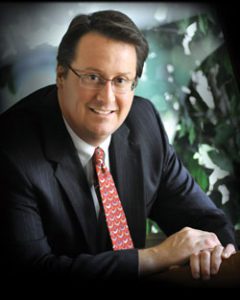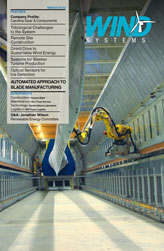What led to the founding of this committee?
The Renewable Energy Committee, or REC, is part of the American Bar Association’s Public Utilities, Communications, and Transportation Law section. The ABA has more than two-dozen sections devoted to areas such as business law, tax, and litigation, and the public utilities section — as we refer to it — was founded nearly a century ago. I joined the section back in the early nineties when I had an interest in telecommunications law, but I actually ended up becoming an Internet lawyer, founding the section’s Internet committee in 1996. More recently, as my practice began focusing on renewable energy, I approached my colleagues in the public utilities section about launching a committee addressing the subject. Since the section is composed of lawyers already involved in the nuclear, electricity, natural gas, pipeline, and related industries, a committee on renewables was a natural fit. I thought that it would be a great way to pull in new members, as well, which definitely ended up being the case. When we launched the REC in September of 2009 I’d hoped to attract 100 members by the end of the year. We recruited that many attorneys in our first month.
Describe the committee’s activities, and how it will benefit the wind industry.
Membership is limited to ABA members who have also joined the public utilities section. There are those who have joined the ABA in order to be a part of the REC, so it has definitely attracted a great deal of attention and support. The main focus of any ABA section is scholarship, education, raising awareness of the association, and bringing legal professionals together to identify best practices in their area of specialization, and those are our goals in creating the REC as well. While many of our members were already involved in renewable energy law prior to the formation of the committee, it really helps them to be able to come together and share their experience, gain knowledge, and hone their skills in an area that’s only going to grow and evolve in the coming years. What it boils down to is that these are the individuals who will be handling the legal aspects of projects in the wind industry, and everybody wins when that can occur both quickly and smoothly. The more expertise the attorneys possess, the better it will be for everyone involved.
How will you go about disseminating this information?
Since it’s so early in the committee’s existence, we’re still identifying the various means we’ll be utilizing in sharing the information we amass, but we know we’ll be developing webinars on a wide variety of topics. For instance, in the spring and fall of each year the committee chairs in our section make presentations on legal developments in their area to the executive council. This spring the REC will be taking a comprehensive look at renewable energy incentives at the state level, with examples of which approaches are proving to be the most effective, and we will then take that information and transform it into a webinar produced by the ABA.
Where is information available today?
Right now anyone can access the Renewable Energy Memo Web site, which is owned by my law firm, Taylor English Duma LLP. I keep a blog on the site about renewable energy topics. Since I got started I’ve come across many opportunities for players in the renewable space. One thing I’ve discovered, for example, is that there are traditional energy companies—including electrical membership cooperatives—with assets that could easily be utilized in renewable applications. Too many of those energy companies have not yet discovered how they can leverage tax incentive programs to grow their role in renewable energy. Membership cooperatives, for example, many not realize how they can use tax credits to leverage investments in wind power through project financing structures. We’ve just begun to scratch the surface on the wind development that is possible in the U.S. My hope is that our committee will spread the word and encourage new development in the area.
For more information: Contact Wilson at (678) 336-7185 or jwilson@taylorenglish.com. Also go to www.taylorenglish.com, www.renewableenergymemo.com, or www.abanet.org.































